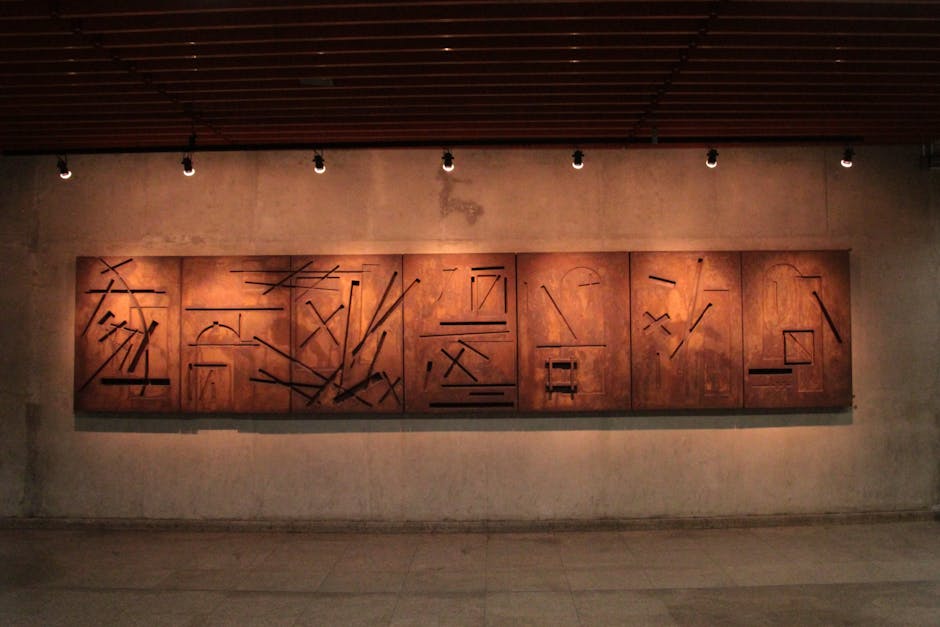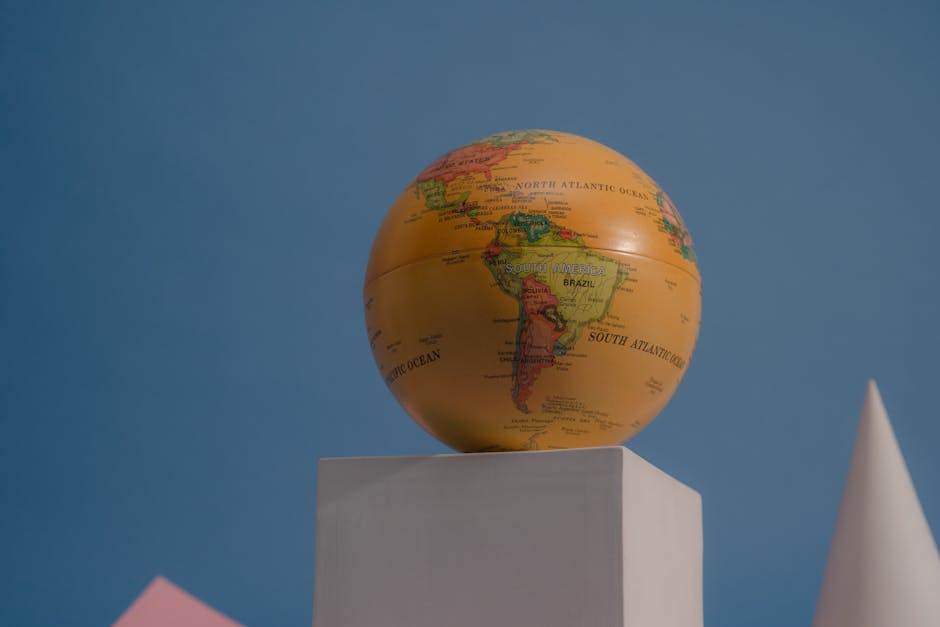Cultural Values Shaping Modern Societies
From the dawn of civilization, cultural values have played a pivotal role in shaping the norms, beliefs, and behaviors of societies around the world. As we progress into the 21st century, the influence of cultural values on modern societies continues to be profound and multifaceted. In this comprehensive guide, we will delve into the intricate dynamics of how cultural values impact our way of life, from individual interactions to global trends. Join us on a journey through history, sociology, and anthropology as we explore the intricate tapestry of ‘Cultural values shaping modern societies’.
The Evolution of Cultural Values

Our understanding of cultural values is deeply rooted in the evolution of human societies over millennia. What were once simple survival instincts transformed into complex belief systems that govern our actions and interactions. The evolution of cultural values can be traced back to ancient civilizations such as the Egyptians, Greeks, and Romans, whose cultural legacies continue to influence modern societies today. These early societies laid the groundwork for concepts such as democracy, justice, and ethics that form the backbone of many modern cultures.
Fast forward to the present day, and we can see how cultural values have adapted and evolved to meet the needs of a rapidly changing world. Globalization, technology, and social movements have all played a role in shaping the cultural landscape of the 21st century. As we navigate this complex web of values, it becomes clear that understanding the role of cultural values in modern societies is essential for progress and harmony.
The Influence of Cultural Values on Identity

One of the most significant ways in which cultural values shape modern societies is through the construction of individual and collective identities. Our cultural background influences how we perceive ourselves and others, guiding our thoughts, emotions, and behaviors. Whether we identify with a particular ethnicity, religion, or social group, our cultural values play a crucial role in shaping our sense of self and belonging.
For example, in many Asian cultures, the value of collectivism and harmony is highly prized, leading individuals to prioritize the needs of the group over personal desires. In contrast, Western societies often prioritize individualism and personal achievement, valuing autonomy and self-expression. These contrasting cultural values have profound implications for how people interact, communicate, and make decisions in their daily lives.
Cultural Values and Social Institutions

Another key aspect of ‘Cultural values shaping modern societies’ is their impact on social institutions such as family, education, and government. Cultural values influence the structure and function of these institutions, shaping policies, traditions, and social norms. For example, in many traditional societies, the family is considered the cornerstone of social order, with strong emphasis placed on filial piety and respect for elders.
Education systems also reflect cultural values, with curricula, teaching methods, and values education programs designed to instill cultural norms and values in the younger generation. In some countries, religious values play a significant role in shaping educational policies, while in others, secular values such as equality and diversity take precedence.
The Role of Cultural Values in Globalization

Globalization has brought people from different cultures and backgrounds closer together than ever before, leading to a blending of cultural values on a global scale. The spread of information, ideas, and technology has created a more interconnected world, where cultural values are constantly evolving and adapting to new realities.
At the same time, globalization has also sparked debates and controversies over the impact of cultural values on modern societies. Some argue that the homogenization of culture leads to the loss of traditional values and identity, while others see it as an opportunity for cultural exchange and mutual understanding. The clash between traditional and modern values in the era of globalization highlights the need for a nuanced understanding of how cultural values shape our world.
Cultural Values and Social Change
One of the most fascinating aspects of ‘Cultural values shaping modern societies’ is their role in driving social change and progress. Throughout history, cultural values have been at the forefront of social movements, revolutions, and reforms that have shaped the course of human history. From the civil rights movement in the United States to the Arab Spring in the Middle East, cultural values have been a driving force for change and transformation.
Today, cultural values continue to inform our understanding of social issues such as gender equality, environmental sustainability, and human rights. Activists, policymakers, and ordinary citizens alike draw on cultural values to advocate for social justice, equality, and inclusivity in an increasingly diverse and interconnected world.
Controversies and Debates Surrounding Cultural Values
Despite the positive contributions of cultural values to modern societies, there are also controversies and debates surrounding their impact. One of the most contentious issues is the clash of cultural values between different groups, leading to social polarization, conflict, and discrimination. Whether it is debates over immigration, religious freedom, or gender equality, cultural values often become flashpoints for societal tensions.
Moreover, the commodification of culture in the era of globalization has raised questions about cultural appropriation, authenticity, and representation. As cultural values become increasingly commercialized and mainstreamed, there is a risk of diluting their significance and erasing the voices of marginalized communities.
Common Misconceptions About Cultural Values
There are several common misconceptions about cultural values that deserve clarification. One such misconception is the idea that cultural values are static and unchanging, when in fact they are dynamic and evolve over time in response to changing social, political, and economic conditions. Another misconception is the belief that cultural values are monolithic and homogenous within a given society, when in reality, cultures are diverse and multifaceted.
It is essential to recognize the complexity and diversity of cultural values in modern societies, avoiding simplistic generalizations and stereotypes that can perpetuate misunderstandings and prejudices. By engaging in meaningful dialogue and cross-cultural exchange, we can foster a deeper appreciation and respect for the rich tapestry of cultural values that shape our world.
Conclusion
As we conclude our exploration of ‘Cultural values shaping modern societies’, it becomes clear that the influence of cultural values is both profound and far-reaching. From shaping individual identities to driving social change and globalization, cultural values play a central role in shaping the fabric of modern societies. By fostering an awareness of cultural diversity, promoting inclusivity, and embracing dialogue, we can harness the power of cultural values to build a more harmonious and equitable world for future generations.
So, the next time you reflect on your own cultural values and beliefs, remember the intricate web of connections that link us all together as members of a global community. Let us celebrate our differences, learn from one another, and strive to create a world where cultural values are respected and cherished for the richness and diversity they bring to our lives.
Whether you are a scholar, a student, a policymaker, or simply a curious individual, the study of cultural values offers a window into the complexities and beauty of human society. As we continue to navigate the challenges and opportunities of the 21st century, let us remember the timeless wisdom embedded in our cultural values, guiding us towards a future of unity, understanding, and shared prosperity.




